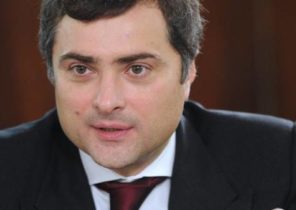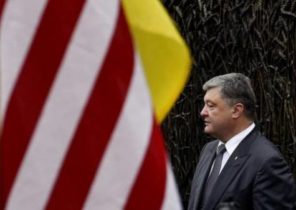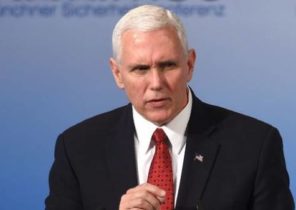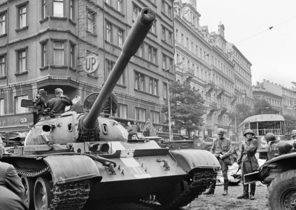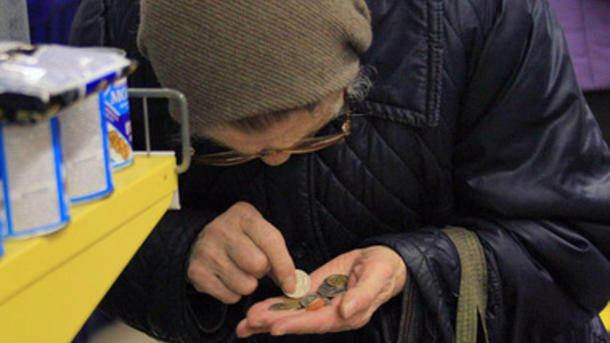
About 40% of Russian citizens are having difficulty buying food and clothes, but about half do not see this a serious problem. The experts of the Higher school of Economics (HSE) attribute this to the addiction of the Russians to the decline in consumption standards.
According to the study, the real incomes of Russians reduced more than two consecutive years, last increase was recorded in October 2014 and since then they have fallen by 12.7%, which led to a sharp decline in consumption.
HSE experts emphasize that the pace of decline in consumer activity ahead of the decline in real income — from October 2014 to November 2016 retail turnover of goods and services decreased by 15.4%.
At the same time, a significant deterioration in assessments of Russians own financial situation in the course of the surveys revealed that, according to analysts, speaks of “the addictive citizens to lower consumer standards.”
According to expert estimates, in 2016 the difficulties with grocery shopping or clothing were experienced by 41% of Russians (in this case 11% of the population do not have enough money even for food), but most of them own financial situation bad or very bad is not considered. The monitor notes that the inability to buy the right products and at the same time about their poor financial situation, said only 17% of respondents.
“The difference of the indices points to the fact that not everyone in the country, are not able to purchase essential goods, considering their financial situation as problematic,” reads the report from the HSE.
Often complain on poverty, seniors and rural residents, and people without higher education, but for them the problem has already become the norm. So, in 2016, the difficulties with purchasing food and clothing experienced 54% of retirees and 45 percent of rural residents, but the economic situation is negatively evaluated in the average year, only 26% of pensioners and 22% of the villagers. However, in the third quarter the share of dissatisfied people among the inhabitants of the village rose to 26-27%.
The biggest problem in 2016 the Russians were experienced with the payment of housing and communal services. By November, the share of people not able to pay utility bills, rose to 27%. For comparison, the inability to buy the necessary medicines complained only 18% of respondents, and the inability to pay the loans of 13%.
HSE experts emphasize that among workers with higher education employed in the commercial sector in 2016 was a decline in the level of subjective poverty, which may be a “marker of the reversal of the economy to growth”. However, among pensioners and families with two or more children, the proportion dissatisfied with their income continued to grow. In November, 53% of these families has delayed the fulfillment of its financial obligations for three months, difficulties in the housing and communal services reported 60%.
Further deterioration of the financial position of his family within the next year in November 2016 expected 42% of Russians. About 40% of families, marking the deterioration in the financial situation over the past year, I believe that will not cope with difficulties without government assistance.
Trying to adapt to changing conditions, the Russians reduced consumption of goods and services (41%) and switching to cheaper foods (45%).

